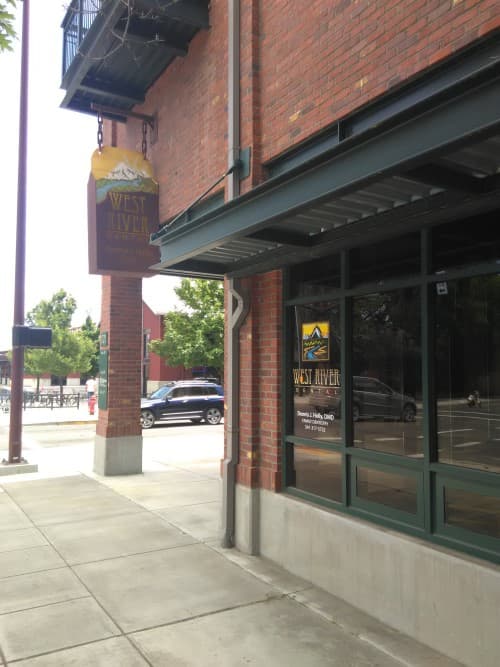IMPLANT RESTORATION
A dental Implant is an “artificial tooth root” made of titanium. It is inserted into the jawbone to replace a missing tooth. After osseointegration, or when the surrounding bone has attached to the implant, a replacement tooth is secured to the top of the implant. The new tooth looks, feels, and performs just like your natural teeth.
Because the Implant is fixed to your bone, there are certain advantages over other tooth replacement options. When teeth are missing, the surrounding bone begins to shrink. This unhealthy bone loss can make your jawline recede. Dental implants can help prevent deterioration of the jawbone caused by loss of teeth, so your face retains its natural shape. As an alternative to bridgework, dental implants eliminate the need to grind down healthy teeth when replacing one or more adjacent teeth. Implants are also more comfortable. Because dental implants are securely anchored to the bone, there is no slipping or movement as there is with dentures. This eliminates some of the key worries of dentures, including poor fit, gum irritation, and pain from exposed nerves.
The dental Implant process involves several steps that take place over a time period that averages from 4 to 9 months, but once place and restored, they look and feel like natural teeth and naturally enhance your appearance. More importantly, the securely attached implant gives you the confidence of eating what you like, speaking easily and clearly, and freedom from embarrassment that sometimes can occur with conventional dentures.


